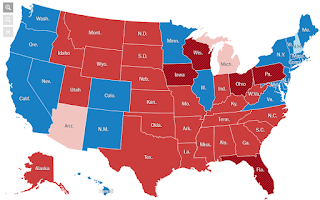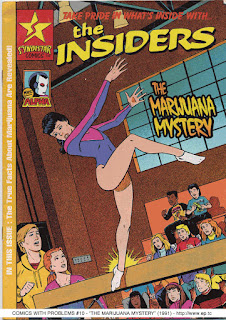Why do we have an Electoral College?

First, let's look at facts. In the U.S.A. we do not elect presidents by popular vote. We elect electors who then cast their vote for the candidate. The number of Electoral College votes in each state is based on the total number of U.S. representatives and U.S. senators. The 2016 presidential electoral results map shows you how the electors in each state will cast their votes. The red states represent where the Republican, Donald Trump will receive all the elector votes and the blue states indicate where the Democrat, Hillary Clinton will receive those votes. A candidate needs 270 electoral votes to win. Many are upset because it looks like Hillary Clinton will earn more popular votes--and this isn't the first time this has happened (1824, 1876, 1888, 2000). So why do we have an electoral college if we don't elect the person who earned all the votes? The Electoral College was created by the writers of the constitution, and while we may think this is an antiquat...


